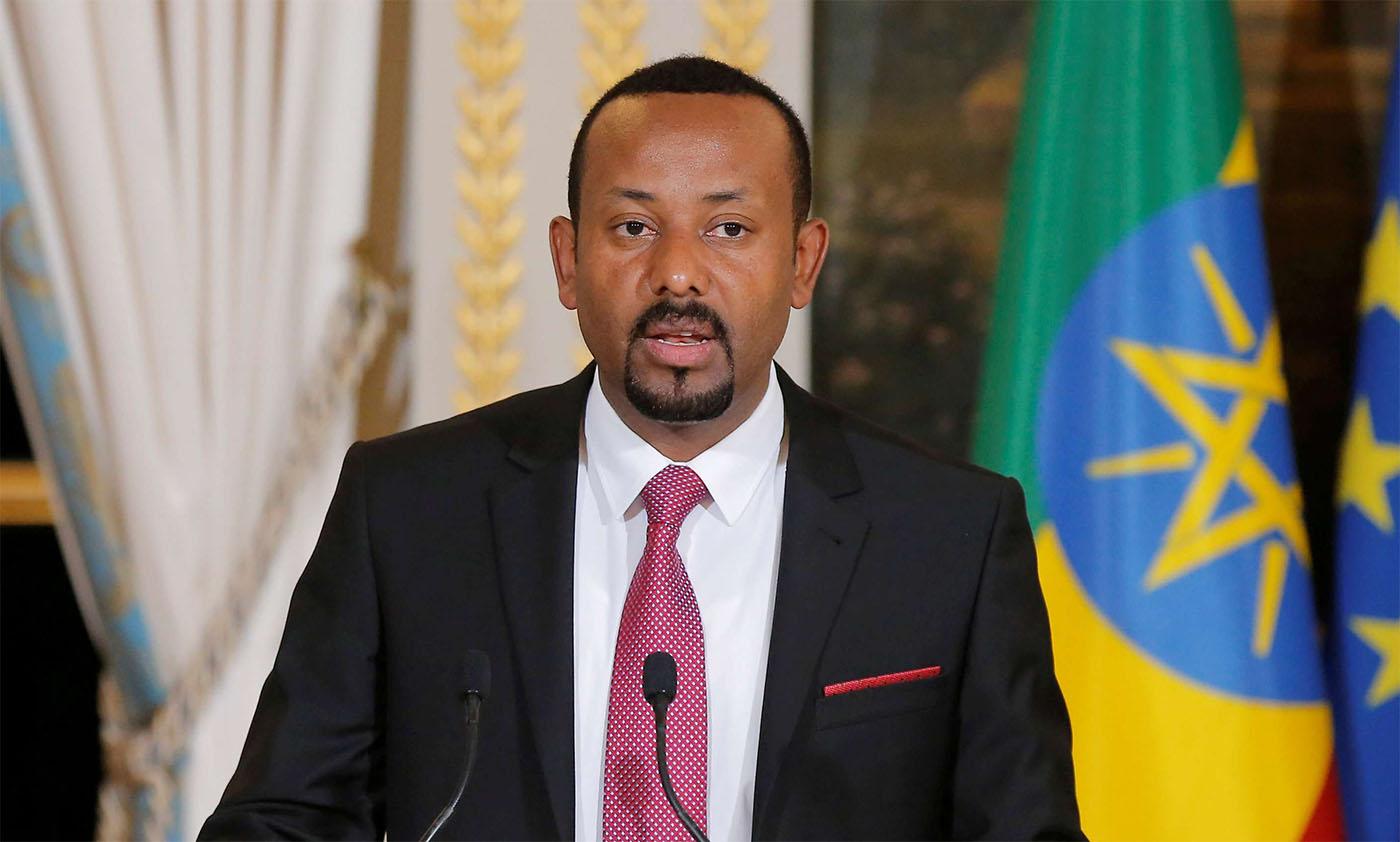
Voters in Chad go to the polls on Sunday for presidential elections that seem destined to hand the country’s 30-year leader Idriss Deby Itno a sixth term after his most prominent rivals were sidelined.
Deby is a frontrunner in a poll whose initial field of challengers shrank from 16 to six after candidates were barred or quit, while demonstrations have been banned or dispersed.
“Chad’s security forces have ruthlessly cracked down on protesters and the political opposition… harming Chadians’ right to freely choose their elected representatives,” Human Rights Watch (HRW) said on Thursday.
Deby has also openly courted support from the moderate opposition, a tactic that should help cement a first-round victory, analysts say.
Lying deep in the Sahel, the arid belt that straddles Africa, Chad has struggled with poverty and instability since gaining independence from France in 1960.
Deby is a former rebel and career soldier who seized power in a coup in 1990.
With French military help, he has twice thwarted attempts by rebels to oust him. He is also a key ally in the French-led fight against jihadists in the Sahel.
From 16 candidates to six
Other than Deby, the six candidates include Albert Pahimi Padacke, 55, a former prime minister under Deby, and Felix Nialbe Romadoumngar, 64, a newcomer to politics who is officially “leader of the opposition” as his URD party is the second largest in the National Assembly with eight seats, after 160 for Deby’s PDS.
There is also Lydie Beassemda, 54, the first woman to run for president in Chad’s history.
A former minister of agricultural production who succeeded her father as head of the PDI party, she is pitching her campaign on federalism, in a country where ethnic rivalry is common, and on women’s rights, in a culture where patriarchal domination is entrenched.
But seven candidacies were rejected by the Supreme Court and three withdrew, including including longtime opposition politician Saleh Kebzabo, who quit in protest over violence by the security forces.
On February 28, the police and soldiers had carried out a bloody commando-style raid on the home of a prominent would-be candidate, Yaya Dillo Djerou. His mother was among at least three people killed, and he is now on the run.
For several months, parties and civil society groups have called Saturday protest marches for peaceful alternation of power.
They have been banned, and the slightest gathering has been violently dispersed, while police and troops have surrounded party headquarters and the homes of their leaders.
Amnesty International and UN Secretary-General Antonio Guterres are among those who have deplored the use of force.
Poverty and unemployment
Chad has been an oil producer since 2003, but remains mired in need.
It was ranked 187th out of 189 on the Human Development Index (HDI) of the United Nations Development Programme (UNDP) in 2020. Power cuts in the capital N’Djamena can sometimes last days.
In 2018, 42 percent of the population lived below the poverty line, according to the World Bank.
The young are especially affected — unemployment officially affects 22 percent of poeple under 25, and Chadians average only five years of schooling, according to the World Bank.
“Young people are totally left out,” says Rimtebaye, a 25-year-old Chadian who was left paralysed after a road accident in 2019.
“Under President Idriss Deby, Chad lags behind in every field — political, economic, social.”
He does not receive any welfare benefits and his immediate family strives to pay for his care. His mother receives no pension. His sister earns money working as a motorcycle taxi rider for barely 2,500 CFA francs per day ($4.50).
A graduate in biomedical sciences, Aime Aissadji Bona, 29, is dreaming of a job in a laboratory — for now, he scrapes a living by delivering medicines.
“When the electricity returns to the neighbourhood, children cry out for joy. Frankly, it makes your heart ache,” he said.






